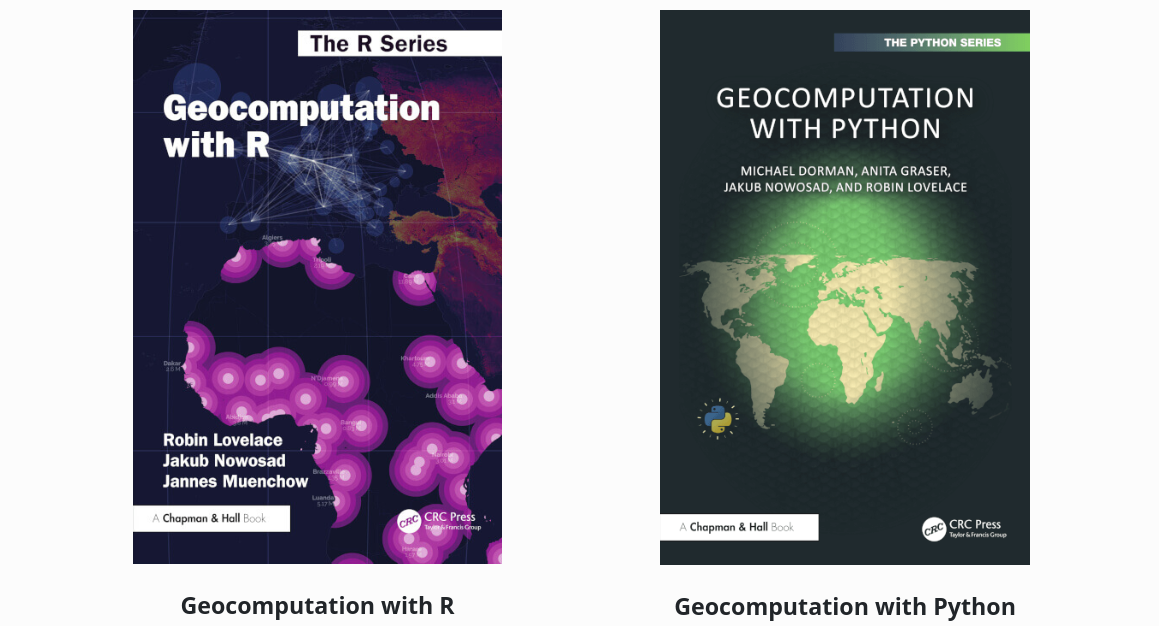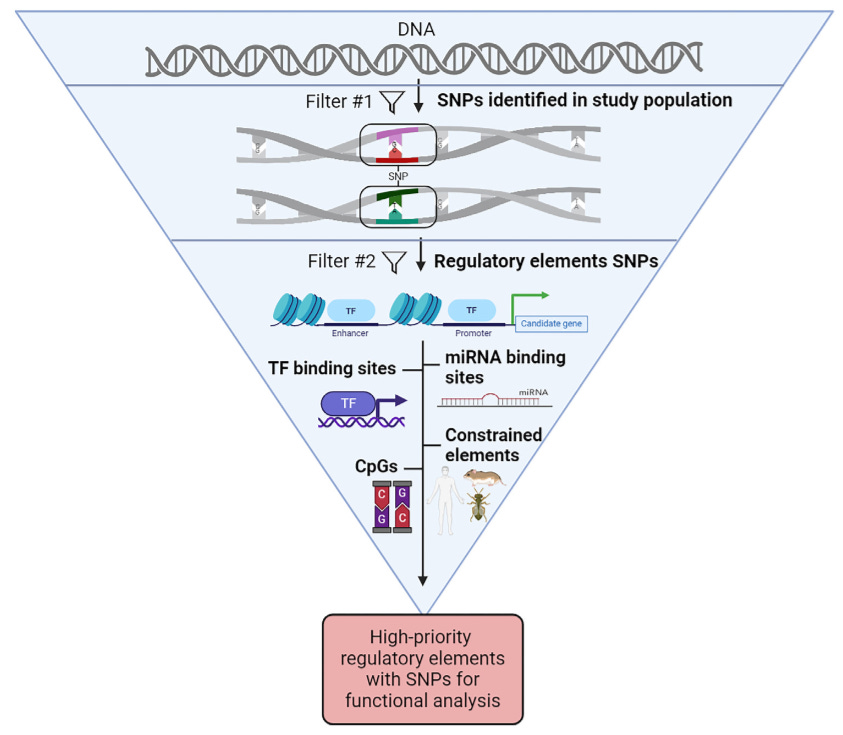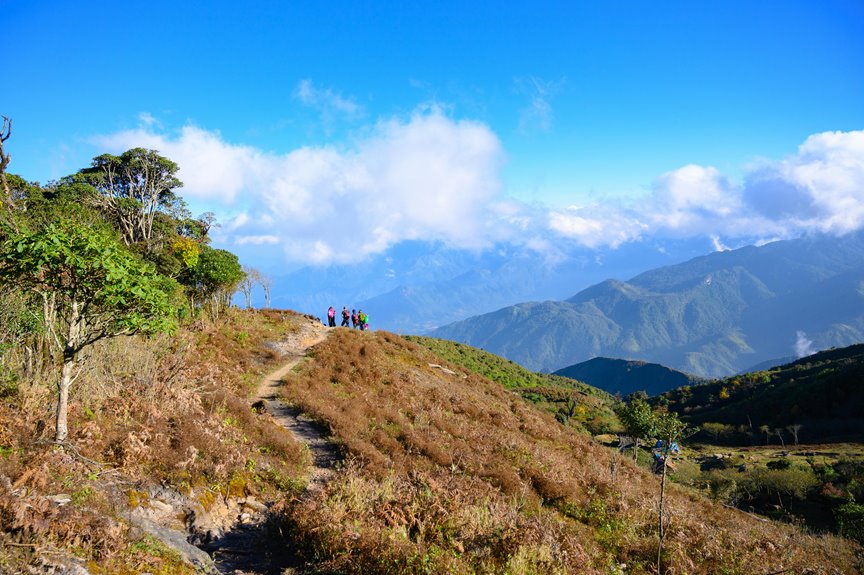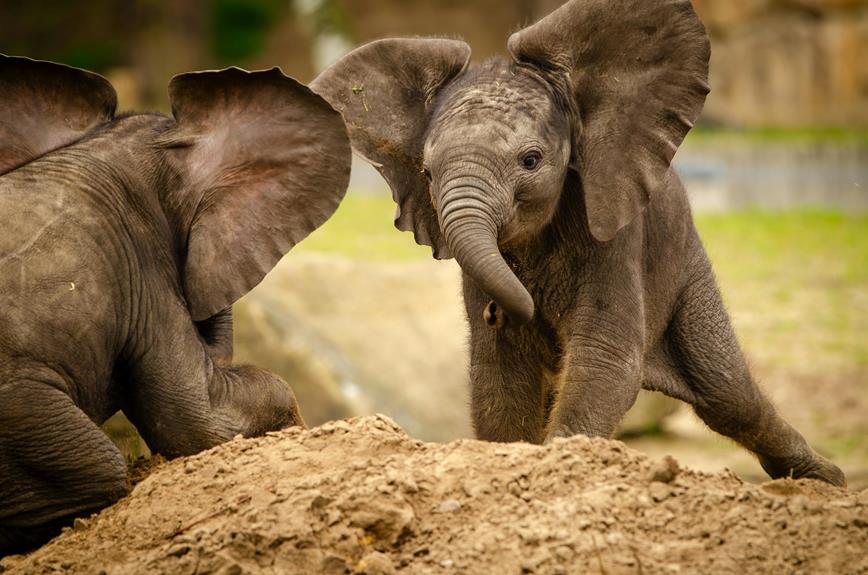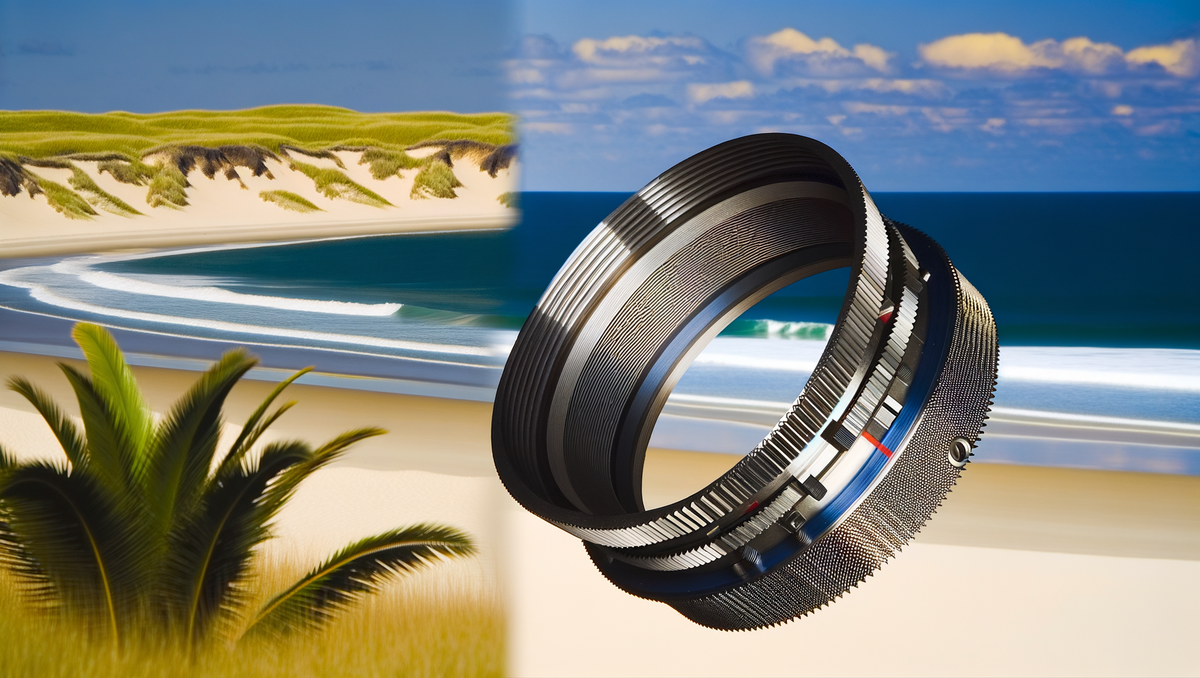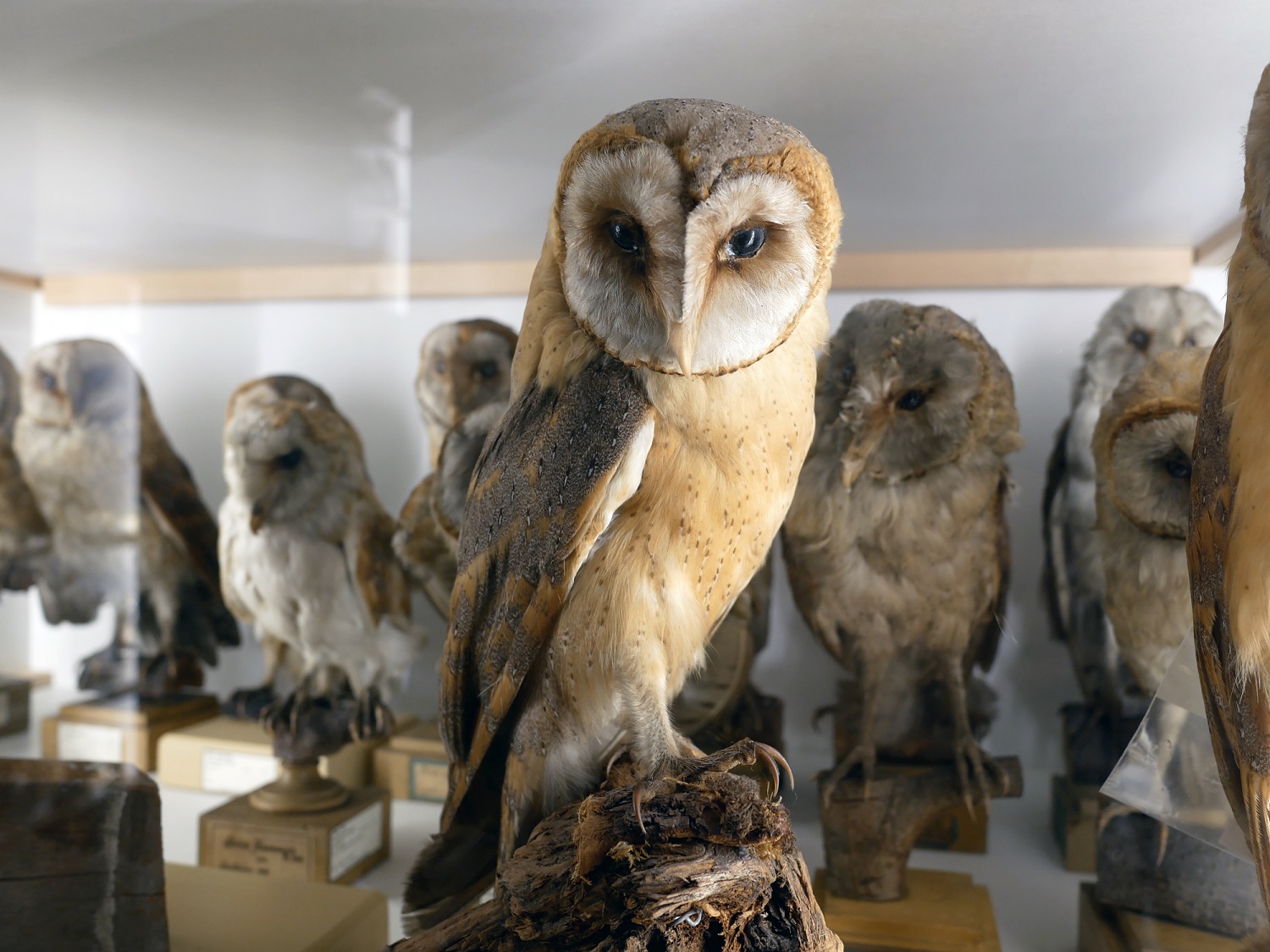
Am 20. November 2024 fand die zweite Veranstaltung der Reihe „Quo Vadis Open Science in Berlin und Brandenburg 2024/25“ mit dem Titel „Objektbezogenes Open Access – Open Access für Objekte“ statt. Unter der Moderation von Sophie Kobialka vom Datenkompetenzzentrum WiNoDa waren die Herausforderungen und blinden Flecken im Zusammenhang mit Open Access (OA) für Objekte und andere nicht-textuelle Inhalte Thema.


